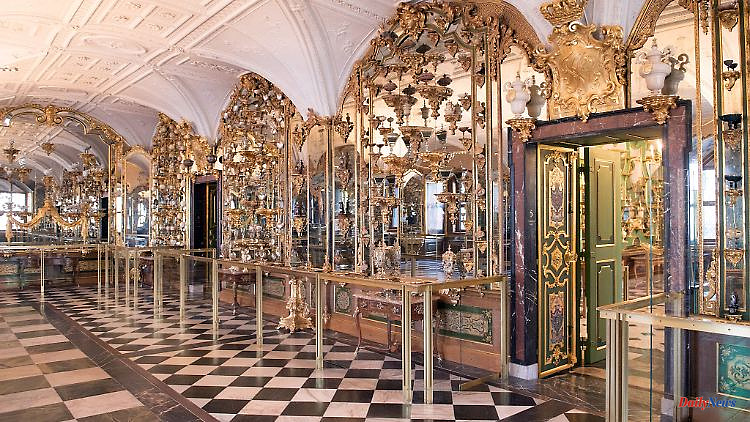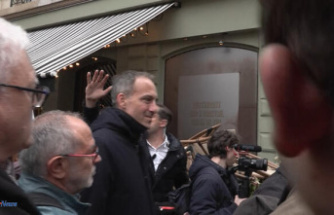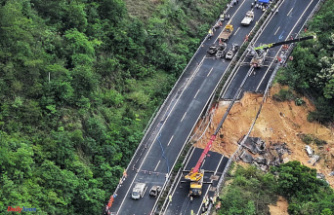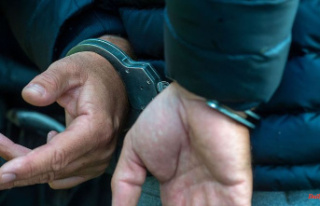Museums in this country are also concerned with the consequences of the corona pandemic and war in Ukraine. But the Director General of the Dresden State Art Collections sees a positive development for museums throughout Germany.
Dresden (dpa/sn) - The general director of the Dresden State Art Collections (SKD), Marion Ackermann, is optimistic about the museums in Germany despite the current crises. "A lot of positive things happened in 2022," she told the German Press Agency, referring, for example, to "redressing an injustice" by returning the Benin bronzes to Nigeria. Progress has been made in the further development towards the "Green Museum" and the self-confidence of the western world is rightly being questioned, perhaps through the documenta and other debates. In addition, the unbroken growth principle of the past will not be continued.
Germany's federal system occupies a special position within Europe, promotes cultural diversity and protects artistic freedom, explained Ackermann. There are also debates and dangers, but one is "extremely strong". And with regard to safety, "the museums across Germany have received their wake-up calls and are extremely sensitized," she said. It is "unfortunately illusory to believe that there can be absolute security". The debate about how much this is worth to society must be repeated again and again.
Ackermann draws boundaries with digital surveillance systems of all kinds. I personally reject everything that interferes with the opening of cultural institutions, such as profiling, artificial intelligence, basic advance notifications. Climate activists who attacked works of art for political reasons or in a symbolic form "are to be condemned, also with regard to the danger of possible copycats".
According to Ackermann, vandalism and thus the deliberate damage to works of art, which in many cases is also unintentional, has "always been a sad problem". There is always a risk when art is exhibited in public - on unglazed surfaces, when visiting larger groups, during transport. However, the greatest danger is still water and fire. "If something happens, large areas will be destroyed, such as the Anna Amalia Library or Notre Dame Cathedral."
However, Ackermann does not share fears of possible austerity measures in culture as a result of the corona pandemic and the Russian war of aggression in Ukraine. "There have always been cutbacks," she said. "It is our job to fight for sufficient resources at the political level." At the moment, the importance of culture is seen and recognized at federal and state level. An important task is that the following generations are just as passionate about art and culture. "We have to inspire and address those who are growing up now, who have suffered particularly from the pandemic and are looking into an uncertain future, and address their issues." Then it could be possible to secure the culture in the long term, "also in financial terms".
The proposed inclusion of culture as a state goal in the Basic Law is very important "to show awareness of its special importance in and for a democracy," explained the museum director. In addition to the clear task of archives to collect, it should also be anchored in it "that contemporary art must also be collected in museums in order to reflect the current time," she demanded. "That should be given even more political consideration."












